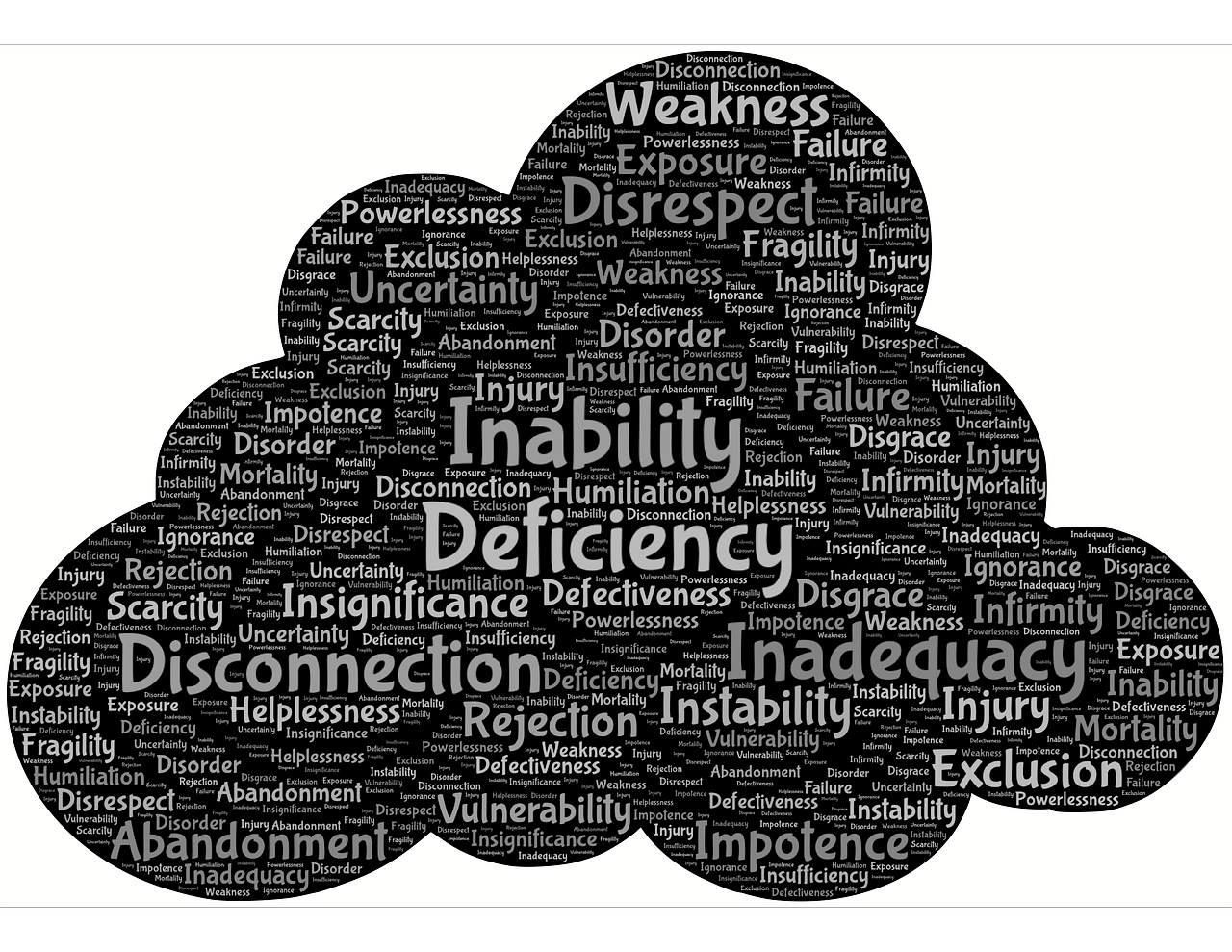From the Fall 2015 Journal of the Colorado Dental Association
I am tired—lethally fatigued. I can’t breathe. I have no memory of what it feels like to wake rested. I am acutely aware of my constant headaches, frequent stomach irregularity, chronic neck pain, and lack of energy but the worst of it, and my most prominent symptom, is my mind will not shut up. My mind refuses to give me any rest, and is always occupied with undesirable thoughts related to shame and fear. Fear is the worst. But sometimes when I am able to sleep, there is a dream of self-inflicted death that holds a very deep allure that does not frighten me. I am absolutely overwhelmed.
 My life should be perfect. I am a well-liked, busy dentist in my own practice. I have a fantastic facility with state-of-the-art equipment and loyal patients. I am in good physical health. That is the outward me. The real me, the one inside my head with the doubtful voice, is constantly in a state of panic and anxiety, and I feel incredibly alone. I am slowly dismantling.
My life should be perfect. I am a well-liked, busy dentist in my own practice. I have a fantastic facility with state-of-the-art equipment and loyal patients. I am in good physical health. That is the outward me. The real me, the one inside my head with the doubtful voice, is constantly in a state of panic and anxiety, and I feel incredibly alone. I am slowly dismantling.
This day has only begun and I feel the weariness of what must be my cognitive deconstruction. I wipe my eyes of what sleep I did get, and the terror only worsens. I need to get dressed and to the office. I cannot sit here and think about what makes me crazy. My staff will be waiting for me, they will be eager to get patients situated. But the inexplicable fear of doing anything but lying here in this bed makes my heart race.
I force myself out of the bed and try to think only about what I need to do in order to get myself out of the house. Wash, dress and eat. At the sink I turn away in disgust when I see my disheveled expression in the mirror; it’s only the cold water I splash onto my face that interrupts my thoughts long enough to allow me to pull on my clothes and comb through my hair.
I am not hungry; breakfast is black coffee and a couple bites of dry toast. I think of what awaits me when I get to work. I am apologetic to the staff members I am supposed to be an example for and to the patients who rely on me to be skilled, efficient, and well-balanced. None of which I feel I am.
People are always asking me, “How do you do everything you do? How do you manage the stress?” But I know better. I am not managing anything. My patience is paper thin, my temper short. My thoughts are always very cynical and all I want is a curtain to come down on my suffering. I cannot ask for help. I have profoundly alienated myself from anything or anyone who might have been able to help me in fear that my burdensomeness will damage them. It is my job to be the one helping people. I am not supposed to need help. My world is comprised of two sides. There are people who provide care and there are people who receive care. The two are never supposed to meet.
 No one can understand that it is nearly impossible to communicate what depression is like to a person who has not had a depression. It’s not obvious like a broken arm, or a fever, or a cough; it’s deep beneath the surface. A broken arm can be remembered and pointed to: “It hurt below my shoulder, it was throbbing and it made me feel like I was going to be sick.” Depression and mental torment are remembered the way dreams are remembered—in splinters and uninvited realizations, like looking into a lake and seeing the dim reflection of my face in that instant before the water shatters. This feeling is deep anguish; anguish that in its own way feels as painful as anything that has ever happened to me. There are varying degrees of fear throughout my days, but what is most felt, is absolute despair.
No one can understand that it is nearly impossible to communicate what depression is like to a person who has not had a depression. It’s not obvious like a broken arm, or a fever, or a cough; it’s deep beneath the surface. A broken arm can be remembered and pointed to: “It hurt below my shoulder, it was throbbing and it made me feel like I was going to be sick.” Depression and mental torment are remembered the way dreams are remembered—in splinters and uninvited realizations, like looking into a lake and seeing the dim reflection of my face in that instant before the water shatters. This feeling is deep anguish; anguish that in its own way feels as painful as anything that has ever happened to me. There are varying degrees of fear throughout my days, but what is most felt, is absolute despair.
Forcing my attention back to my staff and patients, I look at the kitchen clock, with its absurd mechanism, two needles turning on the same axis indicating that time is moving forward, and I need to go. I drag myself out the door to face yet another day clouded by the knowledge that my fragile existence is held together only by daily routines and this façade. My house of makeshift cards is unpredictable and I have continued to move further away from my basic nature as a human being to be a self-preserving creature.
Editor’s note: (1) This is an account of one professional’s continual struggle with depression. The author wished to remain anonymous. Healthcare professionals often put the wellbeing of others before themselves, even when they are secretly suffering. The Colorado dental community has lost two of its members in the past year. These losses were unexpected and without warning. (2) Many professionals do not receive help for their mental health needs because of the stigma associated with help-seeking. One in four adults has symptoms of mental health or substance use disorders. In fact, despite depression and stress disorders being the biggest source of lost productivity, research shows that 86% of those afflicted would rather suffer in silence. Mental health disorders left untreated can lead to social withdrawal, loss of employment, substance abuse, cardiovascular damage and increased mortality, including thoughts and attempts of suicide.
Dental professionals can get help in Colorado. This help is free, confidential and professional. To learn more, contact Peer Assistance Services at 866-369-0039 or visit www.peerassistanceservices.org.
Additional Help Links:
National Suicide Prevention Lifeline: 800-273-TALK (8255), www.suicidepreventionlifeline.org
American Foundation for Suicide Prevention: afsp.org/colorado

